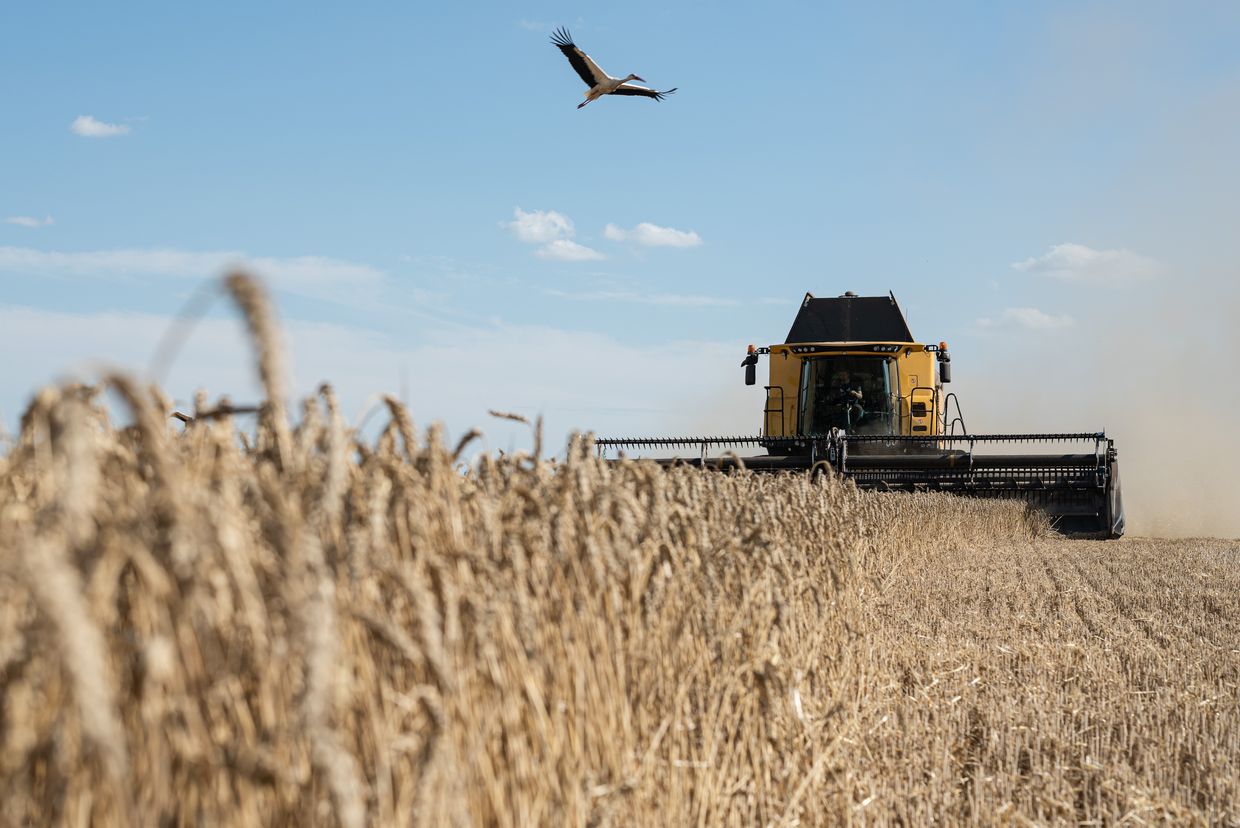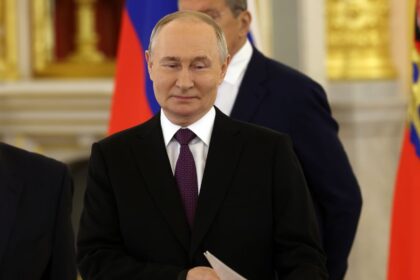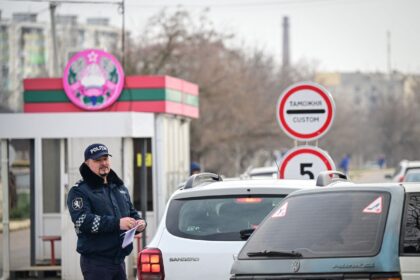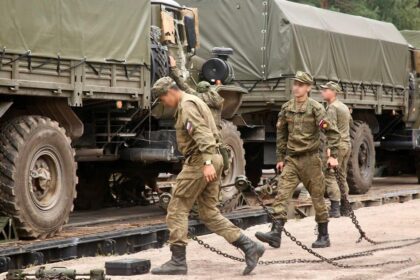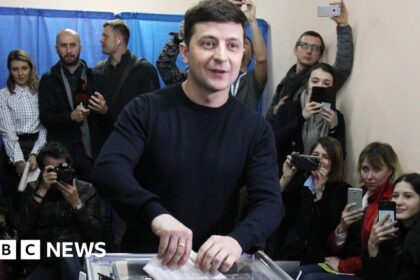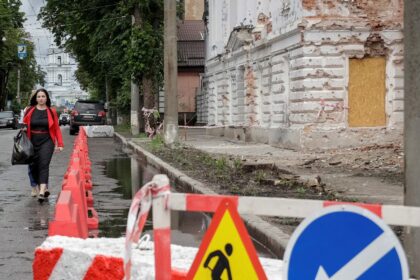**EU Reinstates Import Quotas on Ukrainian Farm Goods**
The European Union has decided to bring back import quotas on several Ukrainian agricultural products, effective June 6. This move comes after years of pressure from farmers and truckers in Central and Eastern Europe, who claimed that the influx of cheaper Ukrainian goods was hurting their livelihoods.
According to Bloomberg, the EU Commission approved the reintroduction of quotas on May 22. Although no EU member opposed the measure, several countries – including Sweden, Denmark, Estonia, Finland, Germany, Ireland, and Lithuania – chose not to vote in favor of it. This decision was likely due to concerns about the potential impact on trade relations with Ukraine.
The dispute over Ukrainian farm imports has been simmering for years. Polish farmers and truckers have staged repeated blockades at the Ukrainian border since 2023, protesting against duty-free imports that they claim are depressing local prices. The EU’s initial decision to introduce a quota- and duty-free regime in June 2022 was aimed at helping Ukraine’s wartime economy by providing access to global markets.
**Impact on Ukraine**
Ukraine’s agricultural exports are critical to its economy, which has been severely impacted by the ongoing war with Russia. The country’s ability to export goods through the Black Sea has been disrupted since 2022, and EU market access has served as a vital lifeline for Ukrainian farmers.
However, the reintroduction of quotas may have unintended consequences for Ukraine’s agricultural sector. By limiting the volume of imports, the EU is effectively capping the flow of goods that can enter its markets. This could lead to reduced export earnings for Ukrainian farmers and potentially exacerbate economic hardship in a country already reeling from war.
**Next Steps**
The European Commission has stated that talks are underway to revise the EU-Ukraine Deep and Comprehensive Free Trade Area (DCFTA), which governs bilateral trade between the two parties. The Commission has also emphasized that the quotas being reintroduced are temporary, suggesting that a more permanent solution may be on the horizon.
In the meantime, Ukrainian farmers and traders will need to adapt to changing market conditions and navigate the complexities of EU import regulations. As trade tensions continue to rise, it remains to be seen how this situation will play out – and what impact it will have on both Ukraine’s economy and the relationship between Ukraine and the European Union.
Read More @ kyivindependent.com




